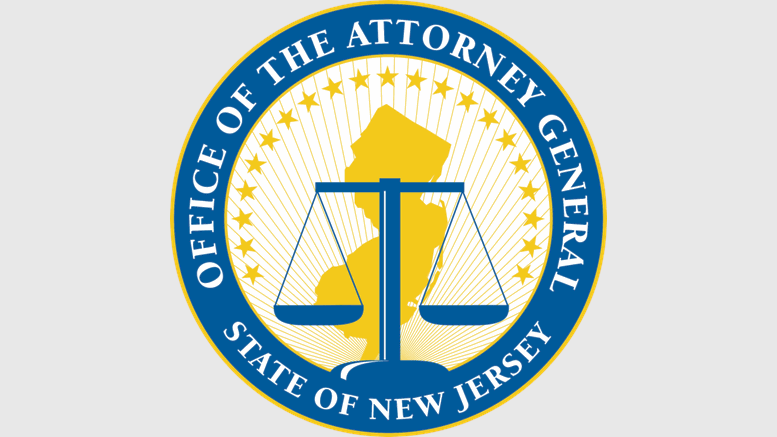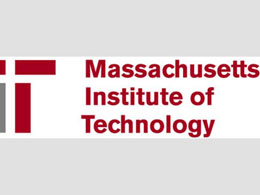
New Jersey Attorney General Drops Tidbit Investigation
Tidbit was a project designed by four Massachusetts Institute of Technology (MIT) students who developed the software for a hackathon back in November 2013. The purpose of the software was to be a substitute for website advertisements, allowing sites to instead monetize visits by using the visitor computer to mine Bitcoins. However, no Bitcoins were ever mined because the mining function of the software code was never operable. Back in December 2013, the New Jersey's Division of Consumer Affairs issued a subpoena and information request to one of Tidbit's developers, seeking extensive data....
Related News
The New Jersey Division of Consumer Affairs has settled with the developers behind Tidbit, a student hackathon project that experimented with bitcoin mining as an alternative to online advertising. Under the terms of the settlement, Tidbit's developers have agreed not to access New Jersey computers unlawfully for a period of two years. Should the developers be found in violation of the provision, a release from the government said they would be assessed a $25,000 penalty. The resolution marks the end of a controversial court case that began when MIT student Jeremy Rubin received a subpoena....
A New Jersey fraud investigation is underway, and four students at the Massachusetts Institute of Technology (MIT) are under the microscope for a hackathon project that involves bitcoin mining. Dubbed "Tidbit", the project allows website visitors to "loan" computing power to mine bitcoin (for the website operator) in exchange for not seeing advertisements. The state of New Jersey isn't seeing it as a simple exchange, however. Authorities has reportedly subpoenaed developers of the project - and they're looking for source code and other documents related to the project. At this juncture,....
This fascinating experiment involving free BTC generated concrete results and we’re here to review them. The feel-good story arrives courtesy of CNBC, who interviewed some of the protagonists and got to the bottom of things. It all started with 19-years-old Jeremy Rubin, who developed a program called Tidbit. It allowed “users to mine for Bitcoins on a client’s computer as a replacement for traditional advertising.” The authorities weren’t so keen on his idea, as the Electronic Frontier Foundation remembers: In December 2013, the New Jersey Attorney General’s office issued a....
In March, CoinDesk reported on a legal spat between a team of MIT students led by Jeremy Rubin, and the State of New Jersey. Rubin's team had developed a software system called Tidbit that could allow websites to use visitors' computers to mine bitcoin. In return, the visitors would not see advertising. However, last December, the State of New Jersey issued a subpoena asking the team for details of its project, including the source code, addresses of bitcoin wallets associated with it, installation logs, and others. Now, a New Jersey judge is to decide whether the team of academics must....
Though we have only hints at what regulation could result from last month's NYDFS hearing in New York, members of both sides largely agree the dialogue did much to improve relations between New York regulators and the bitcoin community. Despite the steps forward, however, recent actions taken by the state's southern neighbor New Jersey suggest that US law enforcement is going the extra mile to try and prevent any potential bitcoin threats, no matter how dubious. In a controversial move, the New Jersey Division of Consumer Affairs issued a subpoena this December against Jeremy Rubin, a....





